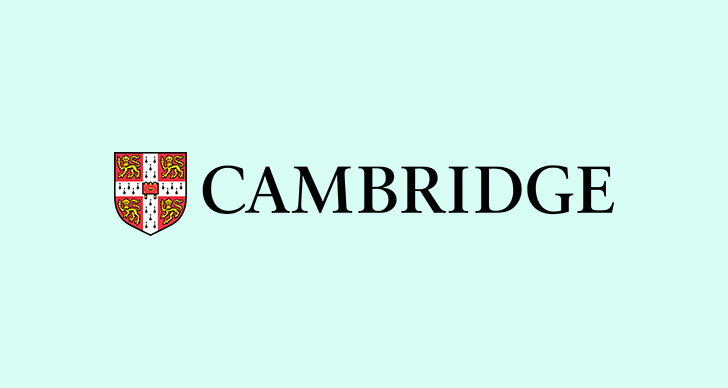In the first in a new series of blog posts from our Cambridge mentors, Richard Hester explores how to encourage metacognitive thinking in primary science and shares a downloadable printout with example questions for your lessons.
What is metacognition?
When faced with any problem, task or choice, using metacognitive strategies can help us to proceed. Some learners may have picked up good metacognitive strategies over time, but for those who have not teachers can help.
Metacognition is more than ‘thinking about thinking’ or ‘learning about learning’. It has three key stages: planning, monitoring and evaluating.
Firstly, the planning stage involves finding the problem and choosing the right skills and knowledge in order to solve it. Secondly, the monitoring stage is a chance to reflect on and change the approach. Thirdly, it’s important to evaluate what has been learnt.
One of the key aspects of metacognition is that it empowers learners. They become independent learners, with the confidence and skills to approach a wider range of problems.
To read more about metacognition, take a look at Using metacognition to boost student achievement.
Practical metacognition activities in science
Metacognitive strategies are often taught in a subject-specific way. They work well during practical science lessons, but will not necessarily be applied automatically. They need to be planned and encouraged by the teacher. The ‘Think Like A Scientist’ sections of the new primary and lower secondary science resources include many activities that develop metacognition.

One good metacognitive activity in science is for learners to have research notebooks. They encourage learners to reflect on their work as they proceed, with regular self-assessments. The aim is to reflect on the process of learning, not just the results of the investigation. Use real scientists’ notebooks to model this process, focusing on how the text is developed, rather than the presentation of the information.
Metacognitive questioning in lessons

Click here to download the metacognitive questions printout.
The printout provides a set of metacognitive questions to use in science lessons. The questions cover the three metacognitive stages (planning, monitoring and evaluating).
Cambridge resources also support with the evaluating stage. The learner’s books include metacognitive reflection questions throughout. These are found in green arrows in the resources.
All teachers are likely to be familiar with these types of questions. It’s important to remember that not all questions will be suitable for all students at any one time. Questions should be differentiated, according to where the student is on their metacognitive journey.
Asking questions to the whole class is missing an opportunity to develop metacognitive skills for individual learners. Great teachers ensure that all learners are making progress. It’s important to ask the right metacognitive questions to the right learners at the right time.
A great way to improve your own skills is to ask a colleague to watch a lesson and give feedback. For instance, ask them to record how many metacognitive questions you ask. Compare this to how many admin questions you ask, such as ‘do you have a pencil?’. In addition, ask them to observe how effectively differentiation is applied.
If you would like to find out more the Cambridge Teacher Support Service, visit our website.



